Improving access to culturally informed Indigenous mental health care
Advancements in Indigenous mental health and suicide prevention for Indigenous Australia are set to transpire with The Westerman Jilya Institute for Indigenous Mental Health (Jilya) being awarded funding to sustain their groundbreaking research efforts and Indigenous psychology scholarship program with a $4.3M grant from Paul Ramsay Foundation (PRF).

Jilya’s Founding Director, Dr Tracy Westerman AM, has dedicated her lifelong work to develop specialist, evidence-based practice for our highest risk Indigenous clients and communities.
As a direct result of government inaction into the unacceptable rates of child suicides in our Aboriginal communities, which are four times that of non-Indigenous children, she launched the Dr Tracy Westerman Indigenous Psychology Scholarship Program in 2019 with a personal donation of $51,800.
In 2020 she launched the Westerman Jilya Institute and, in addition to raising close to $8 million in donor commitments has also racked up over 5,000 volunteer hours mentoring all students; sitting on the board and ensuring Jilya’s critical research and treatment arms are developed in a way that ensures access to our most at-need Australians. To date, Jilya has funded –fifty-five future Indigenous psychologists from across Australia in our highest risk communities. With just 218 Indigenous psychologists in Australia, that contribution is significant and permanent, because locals never leave. The Jilya model is to develop a permanent local workforce in our highest risk communities.
With the support of PRF Jilya this year awarded THREE $50k per annum targeted scholarships for the Alice Springs region. The program has achieved numerous ‘firsts’ with their scholarship recipients, who are chosen based on ‘how many gaps they have to close’. The Jilya model represents what is possible to those communities who have been disproportionately carrying the burden of child suicides, incarceration, family violence and child removals for too long.
“Alice Springs is an example of what happens when intergenerational trauma is not addressed; when our highest risk communities are not afforded the services, every Australian has a right to,” said Dr Westerman.
“We hear you, Alice Springs. We see you.”
PRF Head of Justice Dominque Bigras said that mental ill-health is one of the major social determinants of incarceration, and that improved access to culturally informed care is critical.
“All communities need access to appropriate mental health services in order to thrive, and for First Nations communities, the current gap in culturally and clinically informed mental health responses is having a detrimental, long-term impact.
“Jilya is filling that gap by significantly increasing the number of Aboriginal and Torres Strait Islander psychologists, which has the potential to transform mental health outcomes in regional and remote communities.”
The funding will also leverage Jilya’s efforts to continue to build an evidence base around Aboriginal and Torres Strait Islander mental health prevalence data, to determine unique causal pathways, further develop intervention and prevention programs, determine treatments of best practice, and to measure the impacts of objective cultural competencies of practitioners and organisations.
Jilya’s Chief Operating Officer Merinda Dickson said that as a small charity, PRF’s support has been an absolute game changer.
“With the assurance that Jilya is resourced for a number of years, we can amplify our existing efforts, and continue to build capacity, so that we have even greater impact in our communities.”
